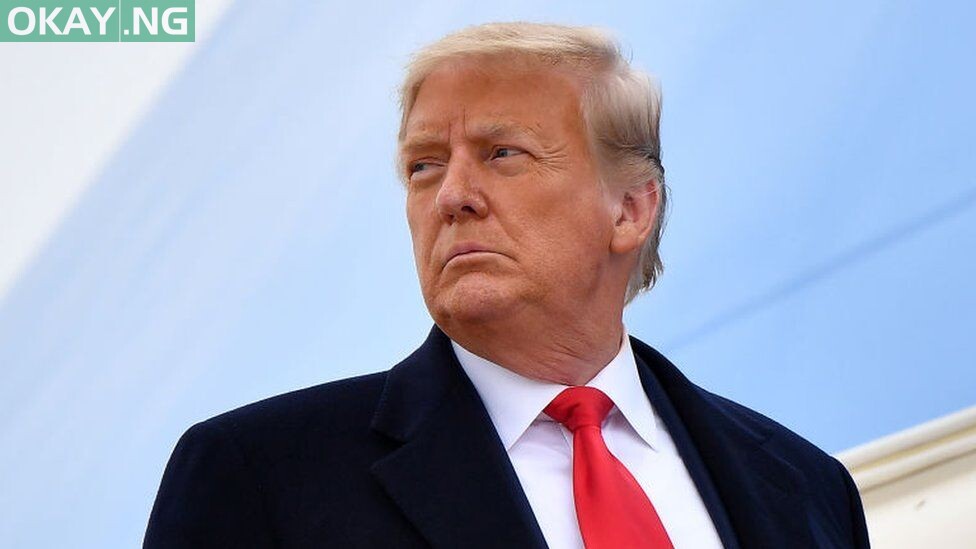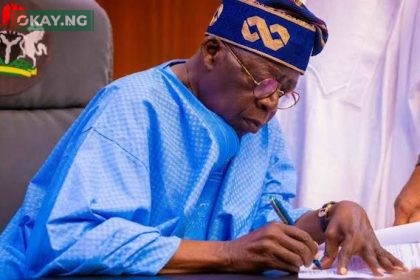In an unexpected turn of events, Donald Trump has indicated a potential interest in pursuing a third presidential term, a move that directly challenges the U.S. Constitution’s 22nd Amendment, which strictly limits presidents to two terms. During a recent telephone interview with NBC News, Trump suggested exploring methods to circumvent this constitutional barrier, stirring considerable discussion across the nation.
“No, I’m not joking. I’m not joking,” Trump stated, while acknowledging, “it is far too early to think about it. There are methods which you could do, as you know.” He declined to elaborate on these methods, leaving many to speculate on the nature of his intentions.
The Constitutional Roadblock
The 22nd Amendment, ratified in 1951, stands as a firm barrier, designed to prevent any individual from holding the presidency for more than two four-year terms. The amendment only offers exceptions for those who assume the presidency with less than two years remaining in a predecessor’s term. As Trump has served a full term (2017-2021) and is currently in a second, this exception does not apply.
“Overturning a constitutional amendment is an arduous process,” emphasizes legal scholar Dr. Anya Richards, a constitutional law expert at Yale Law School. “It requires a two-thirds vote in both houses of Congress and ratification by three-fourths of the states. This is no simple task, and highlights the seriousness of altering fundamental aspects of our governance.”
Public Sentiment and Political Landscape
Despite the constitutional challenges, Trump emphasized that he enjoys significant public support. “A lot of people want me to do it,” he told NBC News, adding, “But, I mean, I basically tell them we have a long way to go, you know.”
Read Also: Trump’s “Liberation Day” Tariffs: Global Scope Sparks Economic Concerns
This is not the first instance of Trump hinting at a third term. Previously, his allusions were often dismissed as “public musings.” However, the repeated nature of these remarks has started to raise serious questions.
For Example, within days of his second innauguration, while at a Republican event, Trump made remarks hinting at another run, even while remarking on the use of campaign funds.
Adding to the complexity, Rep. Andy Ogles (R-TN) introduced a resolution in the House of Representatives seeking to amend the Constitution to allow Trump a third term. Ogles stated, “Trump has proven himself to be the only figure in modern history capable of reversing our nation’s decay and restoring America to greatness, and he must be given the time necessary to accomplish that goal.” The resolution includes language to specifically prevent other living former presidents from similar opportunities. However, the resolution has yet to see significant progress.
Implications
The potential for a third term under Trump raises numerous implications. It reignites debates on presidential power and the safeguards implemented by the Founding Fathers to prevent authoritarianism. The discussion also highlights the current political polarization within the U.S., where public opinion regarding constitutional amendments varies drastically.
It is worth noting that a large portion of the population values and respects the constitution, and will defend it’s integrity.
Moving forward, the nation watches closely as the discussion continues, and questions regarding the president’s intentions, and possible legislative paths persist.













